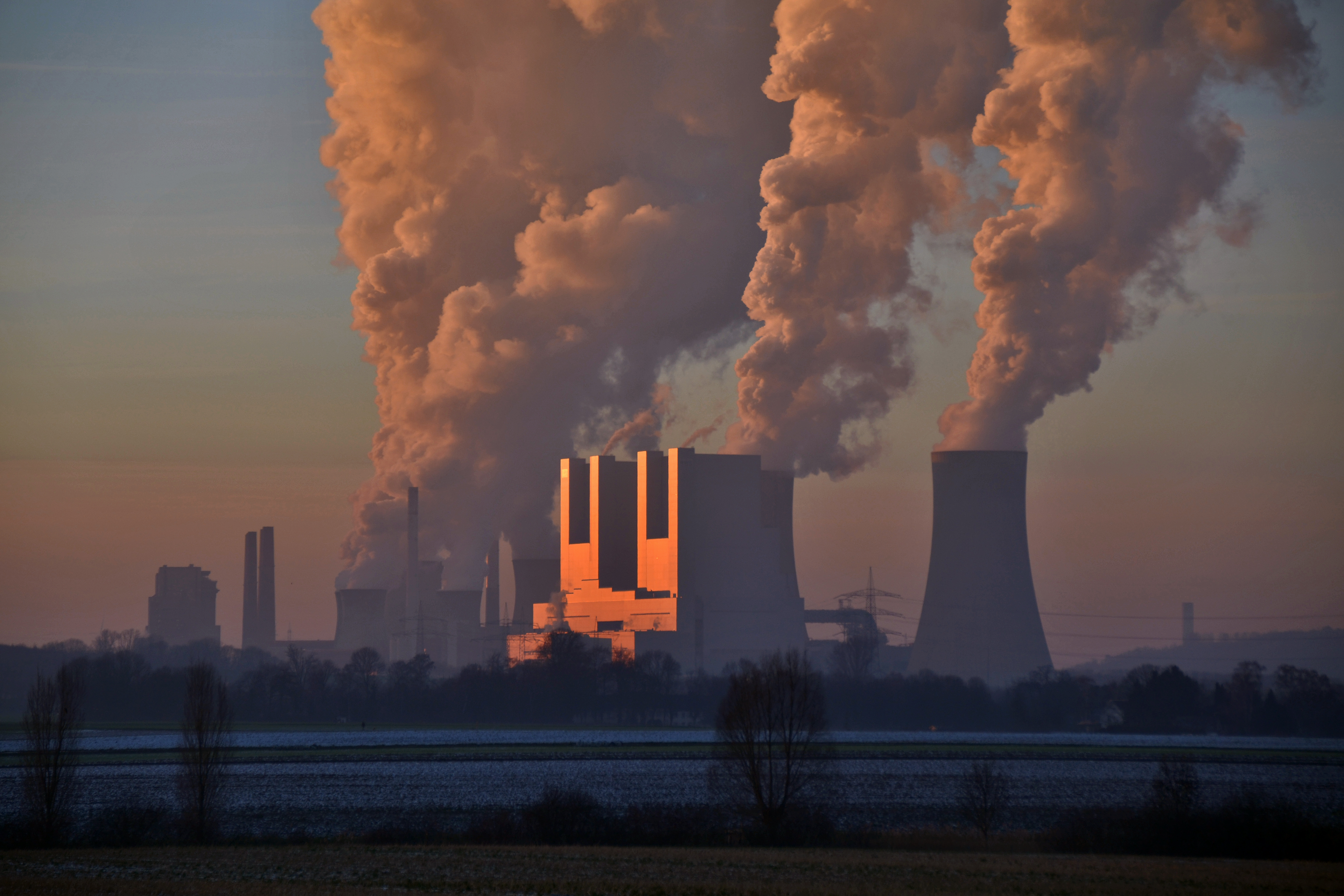'The world is on fire' - German reactions to IPCC report link conflicts and fossil fuels
Policymakers
Education and research minister Bettina Stark-Watzinger, from the Free Democrats (FDP), said the report shows what the options for climate protection are. “It explicitly emphasises the importance of technology and innovation for climate protection,” she said, arguing the country has to convert its industry to green hydrogen and climate-friendly mobility “in a way that is open to technology”. This would include electric cars as well as “alternative fuels”, and new technologies to remove CO2 from the atmosphere. “We will only succeed if we invest massively in research and development,” she said.
Jennifer Morgan, former Greenpeace head and now state secretary for climate diplomacy in Germany’s foreign ministry, said the report shows “with frightening clarity” once again that “the world is on fire and the international community is not yet doing enough to put out the fire.” The 1.5 degrees Celsius global warming limit from the Paris Agreement should become an imperative for every country, Morgan said, arguing the alternative would be “more dramatic, irreversible consequences for our lives and the environment on our planet”. Germany would work to convince other countries to increase their climate ambitions and to align their actions and policies with the 1.5 degree target, for example in the context of its current G7 presidency.
Research / Think Tanks
Ottmar Edenhofer, director of the Potsdam Institute for Climate Impact Research (PIK), said the report showed “we have not bent the emissions curve of greenhouse gases downwards, we have only flattened their increase somewhat”. In light of these findings and amplified by Russia’s war on Ukraine, there had to be “a new policy” to move forward, “one that combines energy security and climate security”, Edenhofer said. A high CO2 price to enforce the end of coal and general decarbonisation efforts is needed, with revenues being used for “the necessary social compensation of high energy costs”. Europe, China and the USA should join forces as a climate club and agree on a minimum price for CO2, Edenhofer said.
Felix Creutzig from Mercator Research Institute on Global Commons and Climate Change (MCC), said the supply of renewable energy and energy-efficient production would be only one side of climate protection. “We also need to break new ground,” Creutzig said, arguing the report stresses the contribution of demand-side climate solutions in mobility, housing or food. Investments in economic incentives, infrastructure and also information and education, could help reduce emissions by five percent also in the short term, he said. By the middle of the century, demand-side solutions can save as much as 40 to 70 percent of emissions.
Climate researcher and IPCC contributor Niklas Höhne from think tank New Climate Institute said said the report is “a clear call to society and policymakers for determined action.” Scientifc warnings could not be made clearer than in the panel’s latest publication, Höhne argued, adding that past hesitance to heed the IPCC’s warnings would mean that only an “emergency brake” regarding global emissions could now help avert catastrophic global warming effects. “There’s no time left for half-hearted compromise, going-it-alone approaches or pointing fingers at others.” An emergency response to the war in Ukraine must come with a fast renewables expansion and energy saving, he argued.
Media
The IPCC 6th chapter would be “probably the most important one of the 2022 report,” Linda Fischer and Elena Erdmann write for Die Zeit, arguing that “between the lines it is nothing less than a call for a revolution.” The report would mandate a “structural change of the global economy” and changes to the behaviour of individuals that shake the core of the current economic system. The narrative that more consumption means more prosperity would have to be scrapped and changes to food consumption and industrial production implemented with vigour to keep global warming limits within reach. But more affordable low-carbon technologies and a sense of urgency to leave fossil fuel reinvigorated by the Ukraine war give reason for optimism that making great strides in climate action is still feasible, they write.

